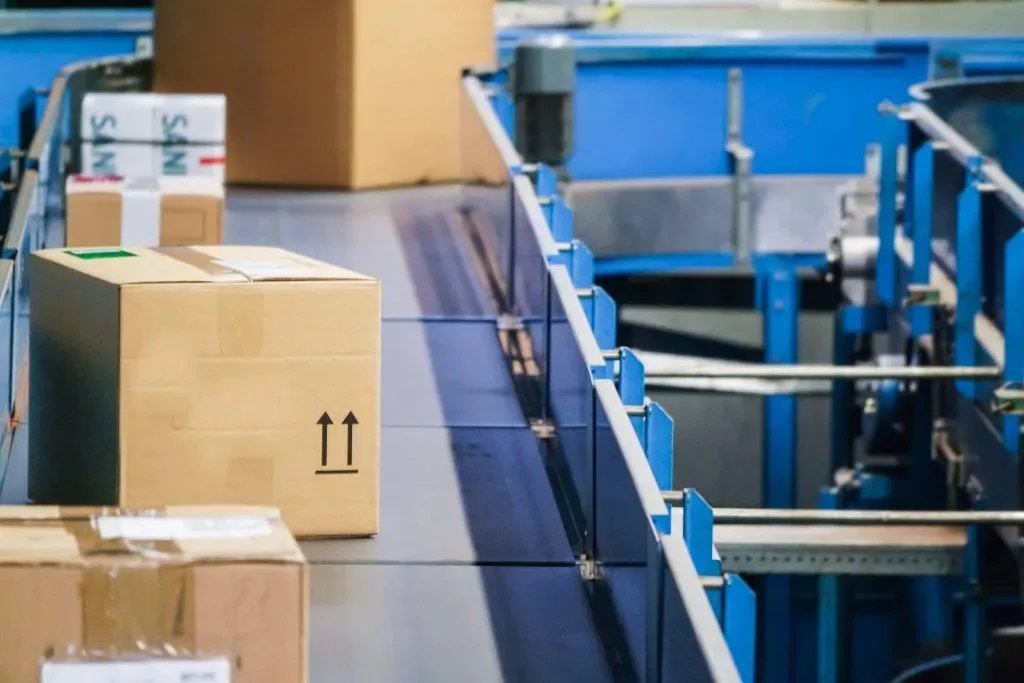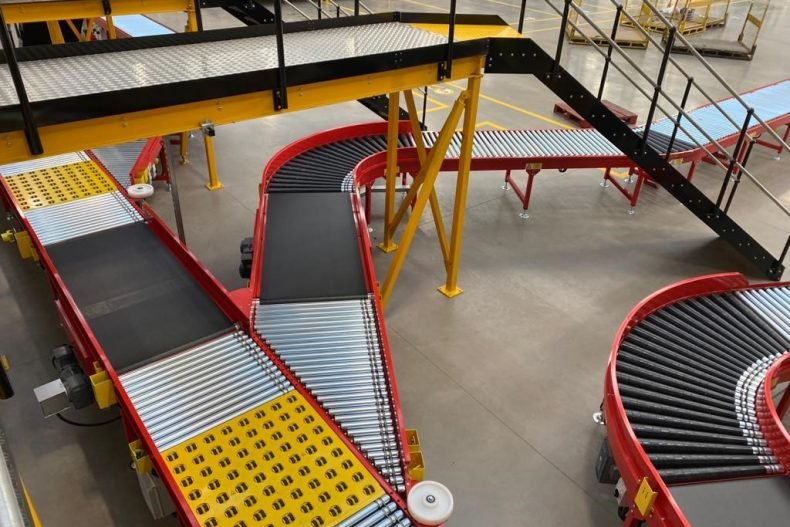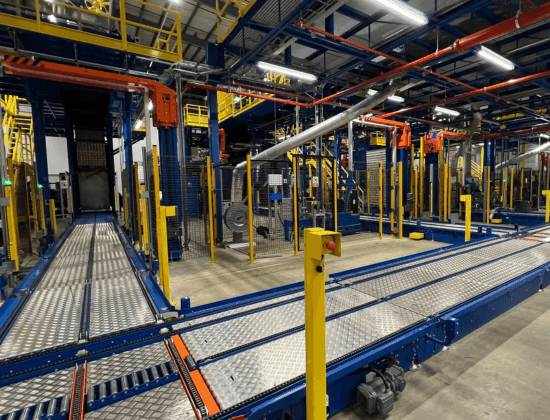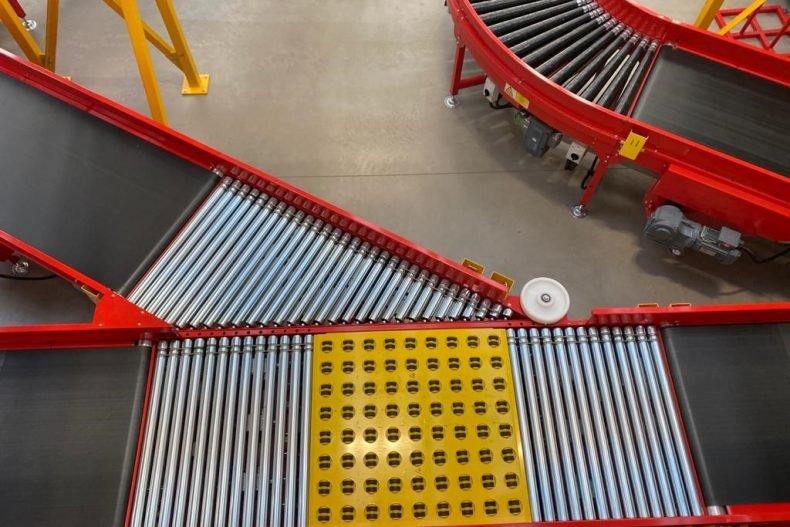Benefits of Conveyor Systems in the Food and Beverage Industry
The integration of intelligent conveyor systems continues to revolutionise food industry processes, delivering numerous benefits:
- Improved Efficiency – Automating product movement reduces manual handling, speeding up production and increasing productivity.
- Enhanced Safety – Minimising human contact with food products lowers the risk of contamination and injury, reducing human error.
- Consistency and Quality – Uniform processes for sorting, packaging, and assembly ensure consistency and improved product quality.
- Cost Savings – Automated conveyor systems reduce labour costs and operational downtime.
- Space Optimisation – Technologies like spiral conveyors maximise available space, particularly in compact food processing plants.
- Hygiene and Compliance – Specialist conveyors with food-grade conveyors and hygienic design help businesses meet stringent food safety and quality standards.
Applications of Conveyors in the Food and Beverage Sector
Conveyors provide versatile solutions across a variety of food industry operations. Common applications include:
- Material Handling – Moving raw materials like grains, fruits, and spices from storage to production lines.
- Processing and Production – Used for operations such as slicing, coating, or baking. In dairy production, conveyors transport containers through filling, cooling, and packaging while maintaining product integrity.
- Sorting and Grading – Separating products by size or weight for items like fruits, nuts, and vegetables, ensuring precision and quality control.
- Cooling and Freezing – Specialist conveyors like spiral systems facilitate cooling or freezing post-production.
- Packaging – Automating the movement of packaged goods for sealing, labelling, or weighing before storage or shipping.
- Storage and Distribution – Streamlining the handling of finished products in warehouses, often integrated with pallet conveyors for increased efficiency.
The Future of Conveyors in the Food and Beverage Industry
The future of conveyors in the food and beverage industry remains buoyant thanks to technology advancements and the evolving landscape putting pressure on manufacturers to meet consumer demands and manage the wider supply chain more effectively.
IoT-enabled conveyors integrated with smart systems will be able to monitor performance, predict maintenance needs, and provide real-time data for efficiency optimisation. Sustainability continues to influence decision-making across the food and beverage industry, where energy-efficient motors, recyclable materials, and reduced energy consumption will define the next generation of conveyors and how they are implemented. Food safety concerns can be managed with enhanced conveyor design such as self-cleaning mechanisms to offer advanced hygiene solutions for key industry applications, and the increase in modularity will allow businesses to adapt conveyors to changing production lines and product ranges, providing truly customised systems that offer agility and support future growth objectives.
The future also brings with it increased collaboration with robotics to boost precision and further reduce the need for human intervention, as well as integrated AI-driven systems that will streamline a host of operations, from adjusting production line speeds to detecting defects in real-time.






